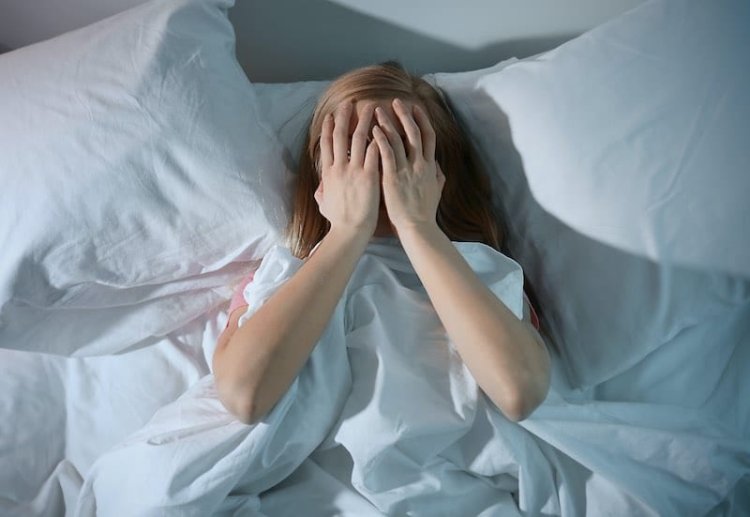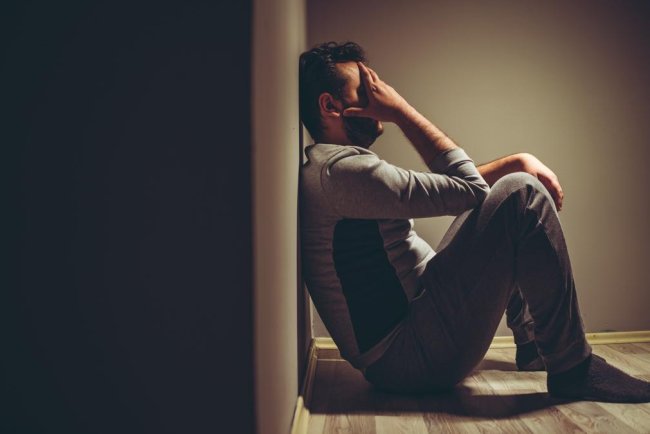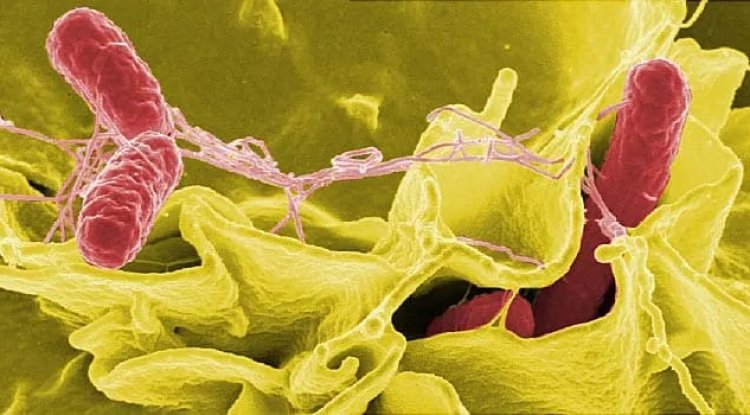Why are restless nights more dangerous than people think?
The significance of sleep for feeling sharp and energized is well-known. Why? However, increasing research indicates that it may be one of the most undervalued components of heart health.. Tossing and turning, waking up at 3 a.m. or scraping by on less than six hours of sleep every night can all lead to poor sleep quality. What's the most detrimental outcome? It could be almost three times the risk of heart disease in midlife adults, a new study claims.

The Study at a Glance.
In the Midlife in the United States Study, researchers conducted research on 7,483 adults. Both the men and women, aged approximately 53, provided details on their heart health and sleep status. Some individuals opted for wrist devices that monitored their sleep patterns, providing a more objective assessment than self-reports alone.
They found that the risk of heart disease increased by 54% with every heightened sleep difficulty, including poor quality or short sleep durations. Combining self-reports with wrist data resulted in a 141% increase in risk among participants.
Why Midlife Matters.
Midlife is commonly the most turbulent phase of adulthood.... Work-related deadlines and caregiving obligations cause stress, leading to a subtle ageing of the body. Why? It's also the initial indication of arterial blockages, irregular heartbeats, or hypertension. The heart is compelled to work beyond its capacity when there is poor sleep.
Several features of "bad sleep".

The investigation went beyond the usual sleep and wake-up times.? It examined five significant aspects of sleep health.
Does your sleep schedule on weekends involve a greater amount of time spent by you than during the week?
Are you content with staying up all night or waking up early?
Would you say that you tend to take breaks in your sleep during the day?
What is the time frame needed for drooling to be effective?
Is it more difficult to reach the 7-9 hour mark or do you need a longer duration?
All categories had higher heart risks, with poor scores being correlated with increased risk.?...
The Unequal Burden of Sleeplessness.
A significant difference was observed in the reported sleep and heart problems of Black and white participants. The pattern was uniform across the group, with a higher incidence of sleep problems resulting in an increased risk of heart disease.
It was stressed by the researchers that sleeplessness is not necessarily the cause. The health of the heart and sleep is affected by social factors, including job stress levels, housing conditions, and access to healthcare services. Essentially, sleep doesn't happen in isolation; it's closely tied to daily routines and systemic imbalances.
What This Means for You.

Staying up all night, looking down from the ceiling, or dragging yourself through the day is important not just for your mood but also for heart.
Effective steps can have an impact:
Setting a regular bedtime and wake-up time routine.
Limiting screens before bed.
Constructing a soothing ritual with wind-down (such as warming tea or stretching)
Cognitive behavioral therapy is being considered if insomnia persists.?
As sleep specialist Dr. Harvard Medical School's Lawrence Epstein asserts that treating sleep disorders can enhance wakefulness, improve overall well-being, and mitigate the health risks associated with inadequate sleep.
The Takeaway.
Our daily routine involves sleeping as a form of medicine. Sleep is not an uncommon quality in this situation. Giving it priority could be one of the most potent, yet underutilized, means of maintaining your heart's health....
What's Your Reaction?




















